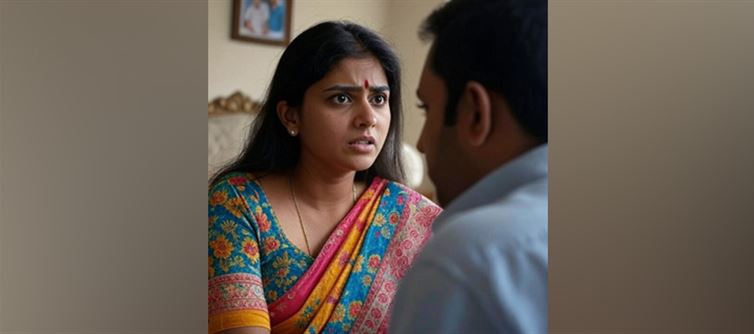
The bench, which was composed of Justices B.R. Gavai and P.S. narasimha and Chief Justice D.Y. Chandrachud, voiced concerns over the scope of her demands during the hearing. Given the brief marriage and the woman's credentials as an IT professional with an MBA, the court questioned whether such claims were reasonable.
Bench emphasizes the education and employability of women.
The court questioned why she hadn't accepted a job offer, noting that she had the qualifications and opportunities to work in important IT cities like hyderabad and Bengaluru. She could not expect to live off her estranged husband forever, the justices emphasized, especially because she was able to support herself.
The woman claimed that her husband was rich and had even filed for their marriage to be dissolved on the grounds that she was psychotic, a claim she vehemently refuted in court. Additionally, she claimed that he had influenced her attorney, a charge that the bench categorically denied.
Property, parking space, and tax records examined
The woman's income tax returns and comprehensive financial documents were filed by Senior Advocate madhavi Divan, who was representing the husband. She cited the husband's high income in 2015–16, which included a ₹1 crore bonus and a salary of ₹2.5 crore. She also provided pertinent financial sheets and raised issues about purported proxy companies.
In addition to living in the apartment, Divan said, the woman possessed two parking spaces, which might bring in money on their own in Mumbai's real estate market. This was acknowledged by the court, which also noted that parking spots in the city may be made profitable.
The court offers flat or ₹4 crore settlement
The court offered two options in response to the woman's demand for the flat and ₹12 crore: either accept the flat free of all encumbrances or accept ₹4 crore as settlement and look for a suitable job. Additionally, it assured her that any accusations or FIRs brought against her could be dropped in order to help her chances of finding employment.
The Chief Justice concluded by reminding her that, as an educated person, she should seek self-reliance through employment rather than relying just on alimony. The order was formally reserved after the matter was resolved.




 click and follow Indiaherald WhatsApp channel
click and follow Indiaherald WhatsApp channel